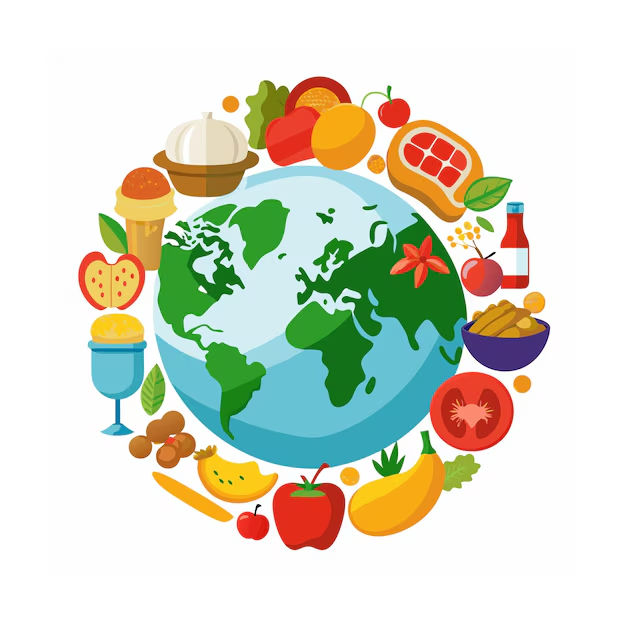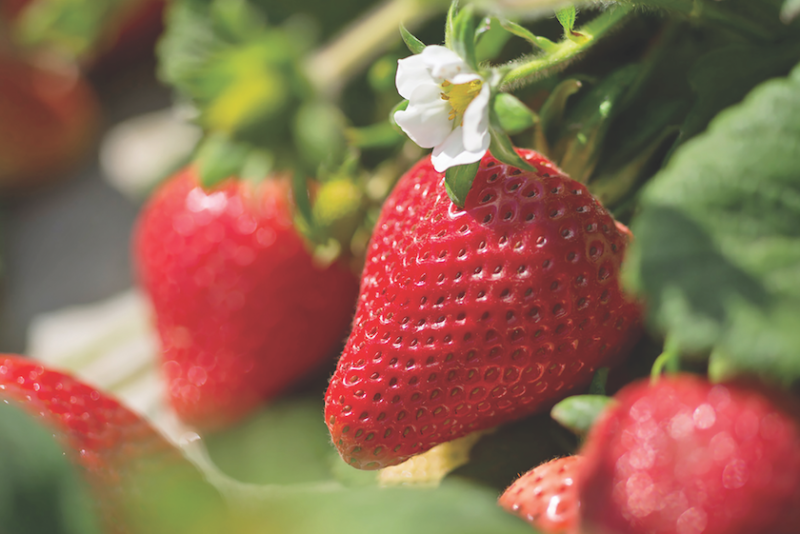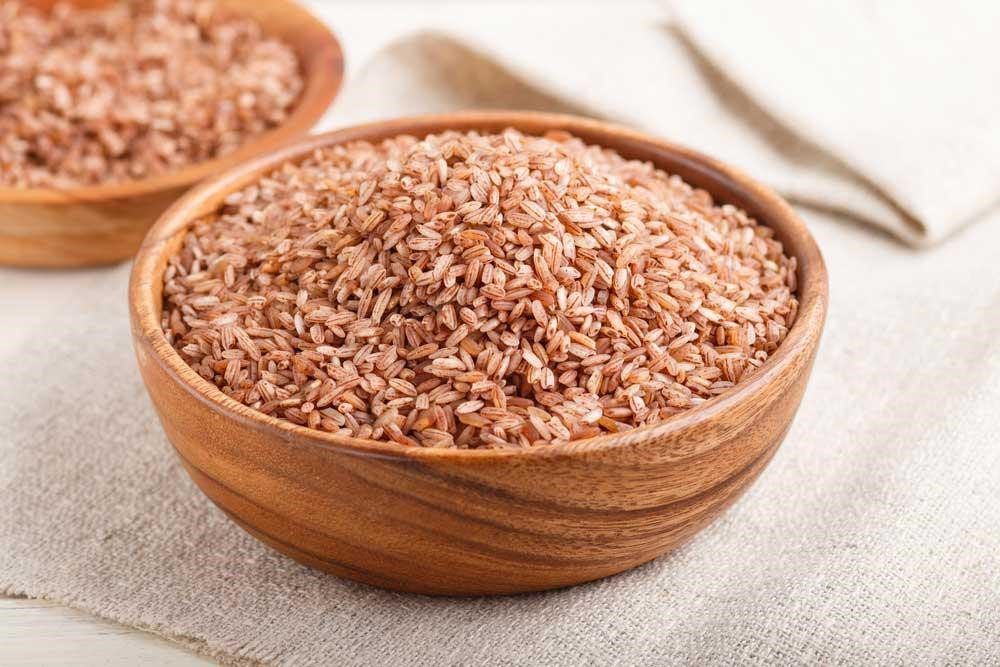
We are offering Sustainable foods
Each meal we offer is rooted in sustainability, balancing delicious flavor with environmental care and social responsibility.
Sustainability Starts on Your Plate.

Nuts are nutrient-rich foods packed with healthy fats, protein, and fiber. They include almonds, walnuts, cashews, pistachios, and more. Each type offers unique health benefits, like heart and brain support. Nuts are also rich in vitamins, minerals, and antioxidants. They make a sustainable, plant-based snack with low environmental impact. Peanuts, though commonly grouped with nuts, are actually legumes.

Plant-based milks are dairy alternatives made from nuts, seeds, grains, or legumes. Common types include almond, soy, oat, coconut, and rice milk. They are lactose-free, vegan, and often fortified with calcium and vitamins. Each type has a unique taste, texture, and nutritional profile. They have a lower environmental impact compared to cow’s milk. Popular in sustainable diets, they support animal welfare and eco-conscious living.

Locally grown berries are nutrient-packed fruits like strawberries, blueberries, and raspberries. They are rich in antioxidants, vitamins, and fiber, supporting overall health. Local sourcing reduces transportation emissions and supports nearby farmers. These berries are often fresher, tastier, and have a smaller carbon footprint. They grow well in seasonal climates with minimal chemical use. Including local berries in your diet promotes sustainability and community health.

Brown rice is a whole grain with the bran and germ layers intact. It is rich in fiber, B vitamins, and essential minerals like magnesium. Compared to white rice, it has a lower glycemic index and more nutrients. Brown rice supports heart health and better digestion. It requires fewer chemical inputs and less processing, making it more sustainable. As a staple food, it’s an eco-friendly choice in plant-based and local diets.
.webp)
Green gram, also known as moong dal, is a highly nutritious legume. It is rich in protein, fiber, vitamins, and essential minerals. Easily digestible, it supports gut health and is ideal for all age groups. It cooks quickly and requires minimal resources, making it energy-efficient. Green gram enriches the soil through nitrogen fixation, aiding sustainable farming. It’s a staple in many plant-based diets and supports both health and the environment.

Broccoli is a nutrient-rich green vegetable from the cabbage family. It’s high in fiber, vitamins C and K, and powerful antioxidants. Regular consumption supports immunity, bone health, and detoxification. Broccoli grows well in cooler climates and often needs fewer pesticides. It has a relatively low water and carbon footprint compared to animal-based foods. As a sustainable choice, it benefits both personal health and the planet